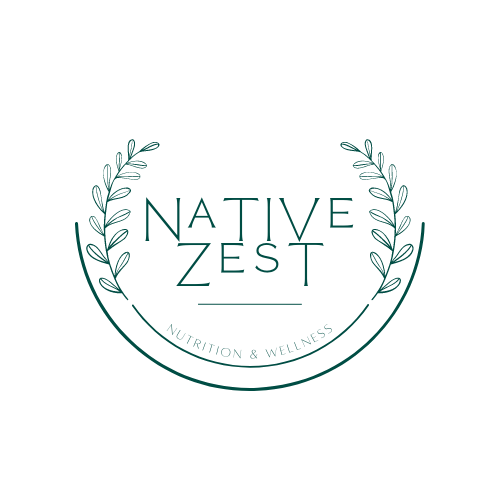
Mindfull Eating
Understanding Our Eating and Drinking Behaviors
We are all familiar with how the saying goes, “you are what you eat”; but what we should really be saying is, you are what you digest of what you eat. It is important to understand that how we eat our food effects digestion of that food and hence, what nutrients we get out of it. With growing research in the impact of gut microflora on our health, the importance of taking care of our gut is more apparent.
Before a meal
Our bodies begin preparing for digestion before food even enters our mouth. Thinking about food, smelling it, visualizing it; without even touching food, your mouth starts to salivate and you pancreas will likely release insulin.
That release of insulin lowers your blood sugar levels and in turn, makes you feel hungry. Your body recognizes the drop in blood sugar as a signal that you need energy.[2]

Our parasympathetic nervous system is responsible for digestion, it is considered the ‘rest and digest’ state. However, in the U.S., where the culture is to work hard and play harder, we are often in the sympathetic state when we eat. This impairs the efficacy and efficiency of digestion.
Take a moment, and encourage your body to relax before you dig into a meal. Doing so will increase blood flow to your digestive tract, increase peristalsis (the constriction and relaxation of your intestine), reduce discomfort, and improve nutrient absorption.[1]
Satiety
 Our bodies tend to seek homeostasis. So, when consuming foods low in caloric-density, the body will want more to be eaten to maintain caloric intake.[2]
Our bodies tend to seek homeostasis. So, when consuming foods low in caloric-density, the body will want more to be eaten to maintain caloric intake.[2]
Focusing on foods that are satiating keep hunger at bay and actually result in less food being eaten. Foods with low glycemic loads have been found to be highly satiating. The reasoning behind this is, with a lower glycemic load, less insulin is released and more cholecystokinin is released (hormone in the small intestine that signals fullness). Thus, these foods are more satiating.[2]
Thirst
Water is essential to athletic performance, prevention of many diseases, and hypertension. What drives our thirst? It depends on the water levels both inside our cells and outside of our cells. For instance, when we eat salty food, the higher concentration of salt outside of the cells draws water out, resulting in a loss of fluid inside the cell. As a result, you are thirsty.
The total amount of water in the body decreases as we age. Many elderly people don’t drink enough water to compensate for loss, putting them at risk for higher concentration of medications in the body.[2]

Resources
1. The Interaction Between Your Nervous System and Digestion. Vita. January 2017. http://infuseyourself.life/your-nervous-system-digestion/. Accessed February 10, 2019.
2. Alexandra W. Logue. The Psychology of Eating and Drinking. 4th ed. Routledge; 2015.





